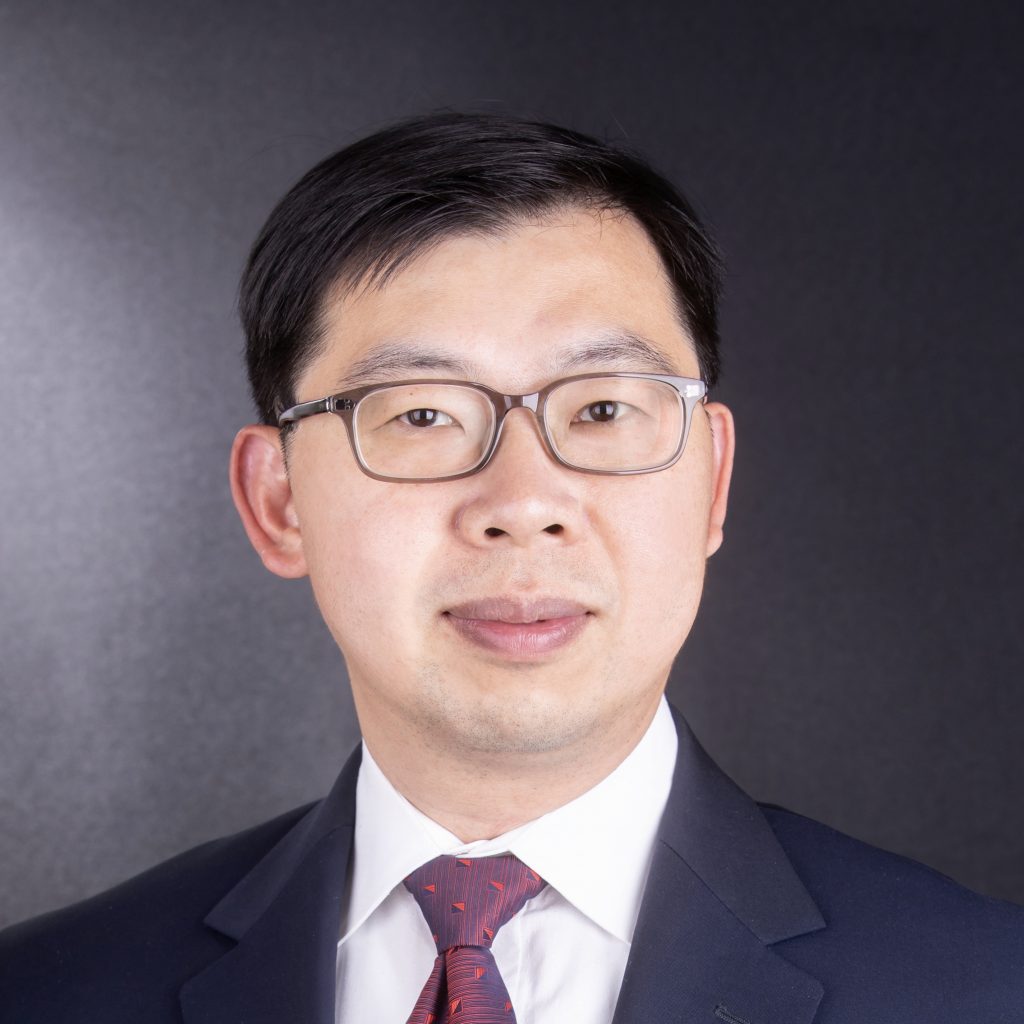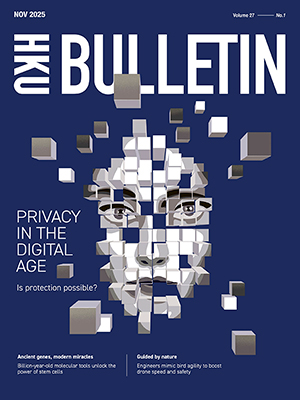May 2024 | Volume 25 No. 2
Cover Story
Speaking to Power
Listen to this article:
Before social media took hold in the late 2000s, traditional newspapers were a key player in the media landscape, but they mainly reported on the movements and activities of government leaders or, if they were commercialised, on entertainment-oriented news. Investigative reports about pollution, corruption and other problems, which are costly to produce and may be subject to external pressure, were hard to find. For Professor Yanhui Wu of the Faculty of Business and Economics, a specialist in media economics who was an award-winning journalist before entering academia, this was not ideal for society.
“The rapid flow of diverse information is really important in a market economy like China’s,” he said, “but traditional newspapers have been weak in providing this information and monitoring local governments and businesses because they are owned by local governments, who do not fully internalise the benefit of freer information flow.”
The arrival of social media, which reached 100 million Chinese people by 2010 and more than one billion today, was a game-changer. “Social media has generated a huge informational shock. It provides a way to facilitate communication both from the bottom of society and from the very top,” he said, putting pressure on the middle to be accountable.
Some benefits with a caveat
A 2017 study by Professor Wu showed that from 2009 to 2013, millions of social media posts discussed protests, strikes, corruption and other social problems in China. That atmosphere may be different today, but he has also shown how social media continued to impact government action in relation to non-COVID-19 vaccine procurement.
Bearing in mind a vaccine scandal in Shanxi province in 2007, when the local government stopped media from reporting on its approval of expired vaccines for children, leading to more than 100 deaths and disabilities, he decided to investigate if social media could offer greater accountability. “Theoretically, information is no longer controlled by local government on social media,” he said.
Social media posts that raised concerns about vaccine safety were collected in various Chinese cities and the number of posts in each city was compared with local procurement processes. Local governments can procure either through open tender, which is transparent but slow, or private negotiation, which is faster but opens a gateway to corruption. Professor Wu found when there were more posts about vaccine safety, the city was more likely to procure through open tender and from reputable listed companies, which are under stricter regulations.
However, there was a caveat. “Social media does benefit accountability to some extent,” he said, “but the effect works only when the local political leaders are responsive to top-down pressure. For instance, when they have a strong incentive to advance their career, they care more about what the central government will think about their competency and accountability. Otherwise, the effect is rather limited.”
Regulating the algorithms
Professor Wu has also started looking at how the mass of information on social media could be managed to prevent societal harm, such as the circulation of fake news or the whipping up of anti-Japanese hysteria. One thing he is adamant about: the information itself is not the problem.
“The problem is that we have suddenly come to realise we live in a vulnerable society. This is happening in many countries. We need to fix our society to make it stronger, but this will take a long time. An intermediate step would be to channel information in a way that mitigates harmful impact and try to promote the better aspects of information generation on social media,” he said.
He proposes regulating algorithms – not companies or platforms, which is the traditional approach taken in places like China – because this would minimise the circulation of harmful information at source. Such regulation requires heavy involvement by humans, as well as methodological innovation, and he is developing his model in collaboration with data scientists.
“Our approach is to choose the most important issue and develop an algorithm that can control this extremely well. The disadvantage is that it may not be able to control other issues of less social consequence, but they are not as important. Basically, you have this trade-off,” he said.
An example of a trade-off is freedom of expression. People could still post their views, but the algorithm could prevent them from being circulated widely, especially if they were fake or dangerous posts (for instance, touting bleach as a cure for COVID-19 or encouraging people to swallow washing detergent capsules).
“We need to strengthen the safeguards for society, but we should not blame the information itself,” he said. “Regulating the circulation of information is probably more important than regulating the production of information.”
We need to strengthen the safeguards for society, but we should not blame the information itself. Regulating the circulation of information is probably more important than regulating the production of information.

Professor Yanhui Wu

